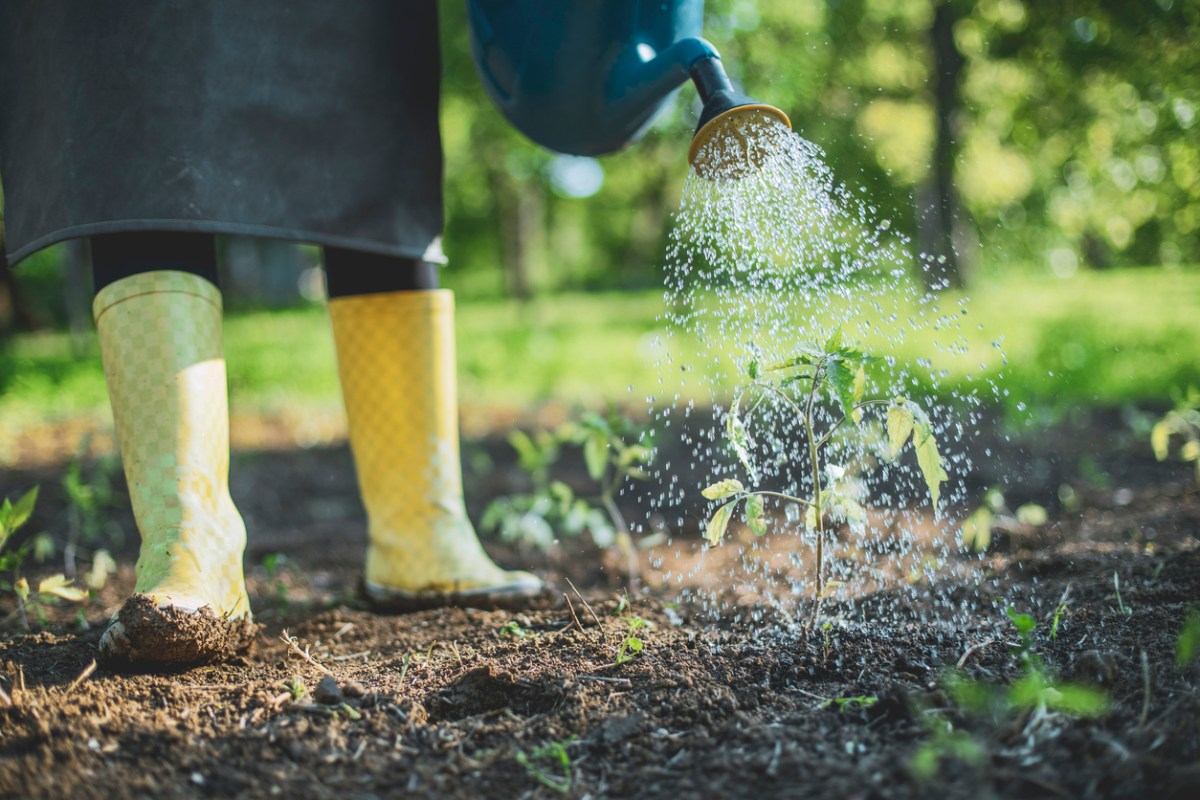After 6 years, the Impact Ready Growth Grant scheme has proven its thesis, that social enterprises can be self-sustaining and that with support at vital, early stages, they can thrive. But, it also makes clear that more capacity building work needs to be done.
The scheme has been managed by Impact Investing Australia (IIA) since its launch in 2015, and with one year left to run in its 7 year tenure, the team at IIA have produced a report that aims to ‘pave a pathway’ for the next era of the social enterprise eco-system in Australia.
So far, the Growth Grants scheme has distributed $6.8 million in growth grant funding to 69 purpose-led businesses, plus, it’s facilitated more than $143 million in capital raised. Amid the covid-pandemic that hit the social sector so hard, the scheme pivoted, and provided $535,000 in Resilience Grants.
At its core, the program aimed to address three key gaps: (gaps through which potentially successful business had previously fallen) the capacity and funding gap, the intermediaries’ sustainability gap and the investors’ pipeline gap. These are the factors that defined the design of the program, and in the report, the IIA team examines some key learnings.
They recognised the heavy skew to cities on the east-coast, in NSW and Victoria. This is to be expected due to population concentrations, but also reflects a more mature market in those areas. In the future, it’s recommended that incentives be developed to target other regions.
Turning to the data, they found that most businesses that missed out on funding did so because they were too early in their growth. It’s recommended that an early-stage foundation be established to nurture the development of these founders.
Similarly, there were funds that applied to be involved, but they missed out as they were deemed to be too small. This problem could be managed through the development of the much debated ‘impact wholesaler’, which would unite government and private funding to support investors through seed funding.
More Support Needed
The report makes clear that there is more support needed for early-stage social enterprises, with ‘contract readiness’ and earlier stage support being top of the list. Every business is unique, and in the impact space, this diversity is compounded. But most difficult for a support program is that they are also at different stages of development.
For many, investment isn’t the initial goal, instead, they need to build capacity and a resilient business model to enable them to attract their first major contract. From here, they have the potential to move towards potential investment. But the key is that earlier stage enterprises require a different suite of support services.
The report suggests a replacement for the current funding body, the Department of Social
Services’ Sector Readiness Fund (SRF), could be modelled on the the Access Social Investment Foundation in the UK. Access is a partnership between the Government and philanthropy, and funds and co-ordinates capacity building, early-stage investment and social investing infrastructure.
A platform like this in Australia could operate as a more holistic organisation for the varied stages of the social enterprise growth journey.

